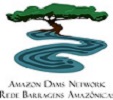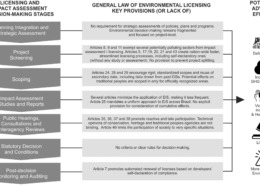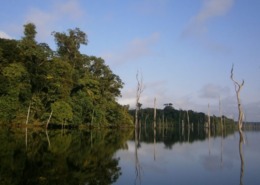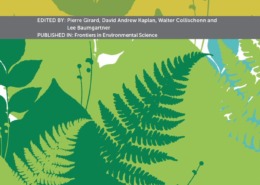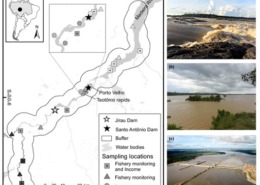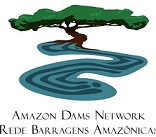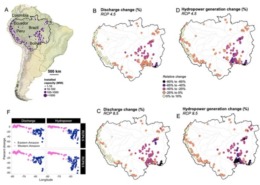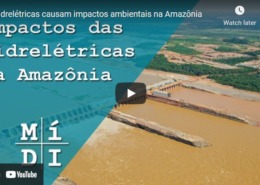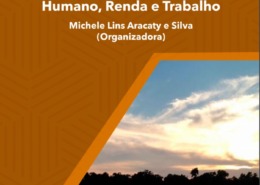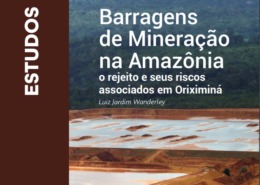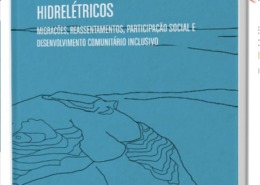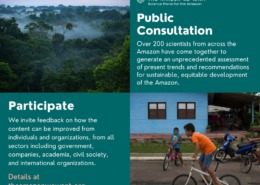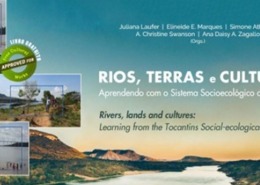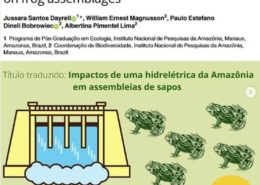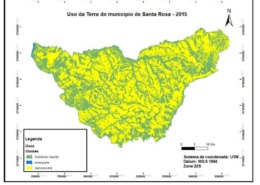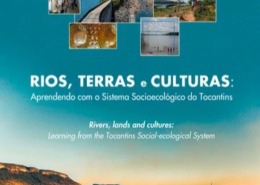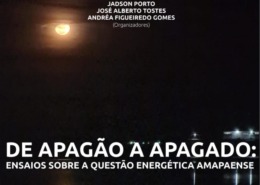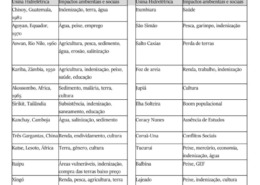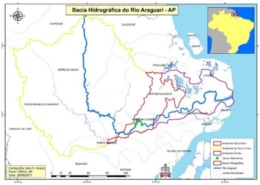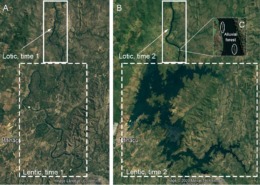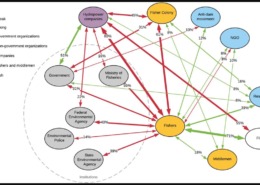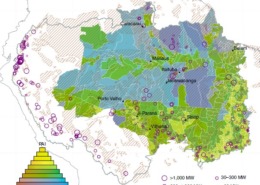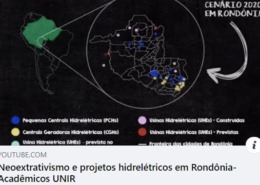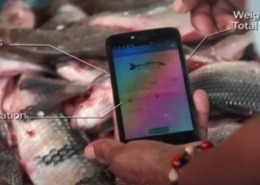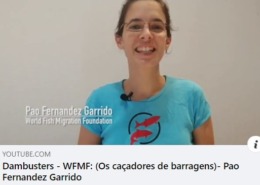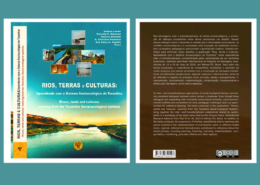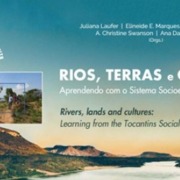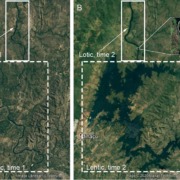Chapter 3.4: Damming and changes to fish and fisheries
Summary of Chapter 3.4 of Rios, Terras e Culturas: Aprendendo com o Sistema Socioecológico do Tocantins (Rivers, Lands and Cultures: Learning from the Tocantins Social-ecological System)
Os represamentos e as mudanças nos peixes e na pesca
O capítulo 3.4 – seção 3 do livro, traz uma breve explanação dos impactos causados pelas construções de hidrelétricas nos ambientes aquáticos, especialmente, de água doce. Destaca o estudo realizado pelo um professor que buscou sumarizar as ameaças que pairam sobre a biodiversidade de ecossistemas de águas interiores no Brasil. Aponta que em geral, os impactos aos empreendimentos são atribuídos às ações humanas como barragens e desvios de rios, aquicultura, agricultura, desmatamento, mineração, sobrepesca e pesca industrial, entretanto, são relevantes aquelas representadas pelas tentativas de mitigar assas ações antrópicas, com destaque para o uso indiscriminado de sistemas de transposição e estocagem de peixes, também conhecidas como peixamento ou repovoamento. Vale a pena ler o texto completo, que aponta que o impacto decorrente do represamento varia ao longo do reservatório.
Para ler o texto completo acesse o link: https://www.editorafi.org/19rios
Ressaltamos que para cada capítulo a versão em português é seguida imediatamente pela versão em inglês.
Dams and changes in fish and fisheries
Chapter 3.4 of the book, provides a brief explanation of the impacts caused by the construction of hydroelectric dams in aquatic environments, especially freshwater ecosystems. It highlights a study carried out by a professor who sought to summarize threats to the biodiversity of inland aquatic ecosystems in Brazil. The chapter highlights human actions, such as dams and river diversions, aquaculture, agriculture, deforestation, mining, overfishing and industrial fishing, as well as mitigation methods such as fish stocking or restocking. It is worth reading the full text, which points out how the impacts dams vary across different systems.
To read the full text, access the link: https://www.editorafi.org/19rios
For each chapter the version in Portuguese is followed immediately by the version in English.
New paper on land cover change and dams on the land–water interface of the Tocantins River
Christine Swanson and Stephanie Bohlman recently published a paper in Frontiers in Environmental Science: “Cumulative Impacts of Land Cover Change and Dams on the Land–Water Interface of the Tocantins River.”
This was published as part of the special research topic “Riverine Biogeochemistry Under Increasing Damming: Processes and Impacts.”
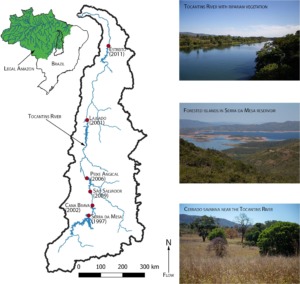
Chapter 3.3 – Climate change impacts on Native American water resources: engaging in culture-based solutions
Impactos das mudanças climáticas nas águas dos povos Nativos Americanos: engajamento em soluções baseadas na cultura
O capítulo 3.3 – seção 3 do livro, versa sobre uma pesquisa coordenada pelo grupo da Dra. Karletta Chief, sobre o impacto do derramamento da mina Gold King no Rio San Juan. Foram investigados os impactos do derramamento sob a perspectiva do povo Navajo. Apontou-se 42 atividades, incluindo as artesanais e artísticas, de subsistência e de recreação – uma perspectiva muito mais ampla do que a do rio como um recurso exclusivo de recreação. Nesse tipo de pesquisa, uma abordagem participativa é fundamental. Assim, esse relato traz a experiência da comunicação bilateral, que foi facilitada pelas sessões de escuta nas quais a comunidade pode ouvir e dar voz a suas preocupações.
O texto destaca que os povos necessitam preparar-se com urgência para os impactos das mudanças climáticas, ao mesmo tempo, as medidas de adaptação devem estar acopladas às agendas tribais existentes para que sejam bem-sucedidas. Sabe-se que muitas vezes, os povos indígenas são deixados de fora da discussão, mas as sessões de escuta são uma maneira de mudar isso, pois possibilitam que os mesmos se tornem protagonistas das soluções que as áreas indígenas precisam.
Para ler o texto completo acesse o link: https://www.editorafi.org/19rios
Ressaltamos que para cada capítulo a versão em português é seguida imediatamente pela versão em inglês.
Climate change impacts on Native American water resources: engaging in culture-based solutions
Chapter 3.3 – section 3 of the book, describes research on the impact of the Gold King mine spill in the San Juan River, coordinated by Dr. Karletta Chief. Spill impacts were investigated from the perspective of the Navajo people. 42 activities, including craft, artistic, subsistence, and recreational activities were identified – a much broader perspective than that of the river as an exclusively recreational resource. In this type of research, a participatory approach is essential. Thus, this report brings the experience of bilateral communication, which was facilitated by listening sessions in which the community can hear and voice its concerns.
The text highlights that people urgently need to prepare for the impacts of climate change. At the same time, adaptation measures must be coupled with the existing tribal agendas in order to be successful. It is known that indigenous peoples are often left out of the discussion, but listening sessions are a way of changing this, enabling them to become protagonists in the solutions that indigenous areas need.
To read the full text, access the link: https://www.editorafi.org/19rios
We emphasize that for each chapter the version in Portuguese is followed immediately by the version in English.
